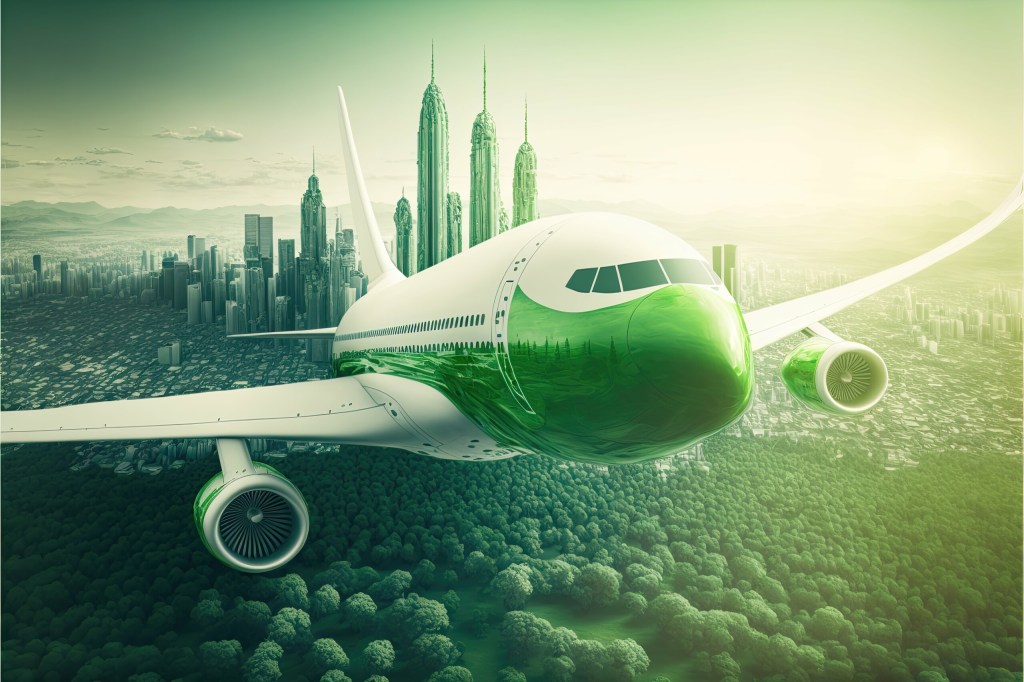
European airlines are investing in sustainable jet fuel

By Anders Lorenzen
The increasing pressure on European airlines to cut emissions is forcing airlines operating in Europe to enter into Sustainable Aviation Fuel (SAF) deals in order to meet the carbon reduction targets set by the European Union (EU).
While the proof is in the pudding, it really depends on how the given SAF is produced. By some estimates, emissions could be cut by as much as 80% compared to traditional jet fuel.
Last year a plane operated by Virgin Atlantic, travelling from London to New York, made headlines as it was 100% powered by SAF. Globally, however, it only makes up less than 0.1% of global aviation fuel used and is still three times as expensive as traditional jet fuel.
There have been a lot of investments into SAF by European airlines, below are some of the most significant announcements.
Last year the French-Dutch airline, Air France KLM, invested $4.7 million in DG Fuels SAF production plants in the US. The target is that by 2030 the airline will be using SAF for 10% of its flights.
One step further
The owners of British Airways and Iberia have gone a step further and signed a deal to buy 785,000 metric tons of e-SAF. E-SAF is even cleaner, but it is more expensive than SAF and is made of biofuel. E-SAF is made synthetically, extracted from renewable electricity, water, and CO2 and converted into a fuel via a power-to-liquid process.
The Norwegian airline, Norwegian, has entered into a partnership with Norsk e-Fuel to build the world’s first full-scale e-fuel plant in Mosjøen, Norway. The plant will produce sustainable aviation fuels (SAF), a key cornerstone in order to meet the government’s 45% emissions reduction target by 2030.
Airlines are opting for either setting up purchase agreements with already established SAF production processes or simply setting up their own production factories. This involves often partnering with other companies using innovative and new SAF technologies, with differing forms of creating SAF fuels, all with different benefits or environmental impacts.
Biofuel SAFs are defined as renewable or waste-derived aviation fuels. This very broad definition could have significant carbon-cutting potential or, in the worst-case scenario, be as bad as burning coal, depending on how the fuels are produced.